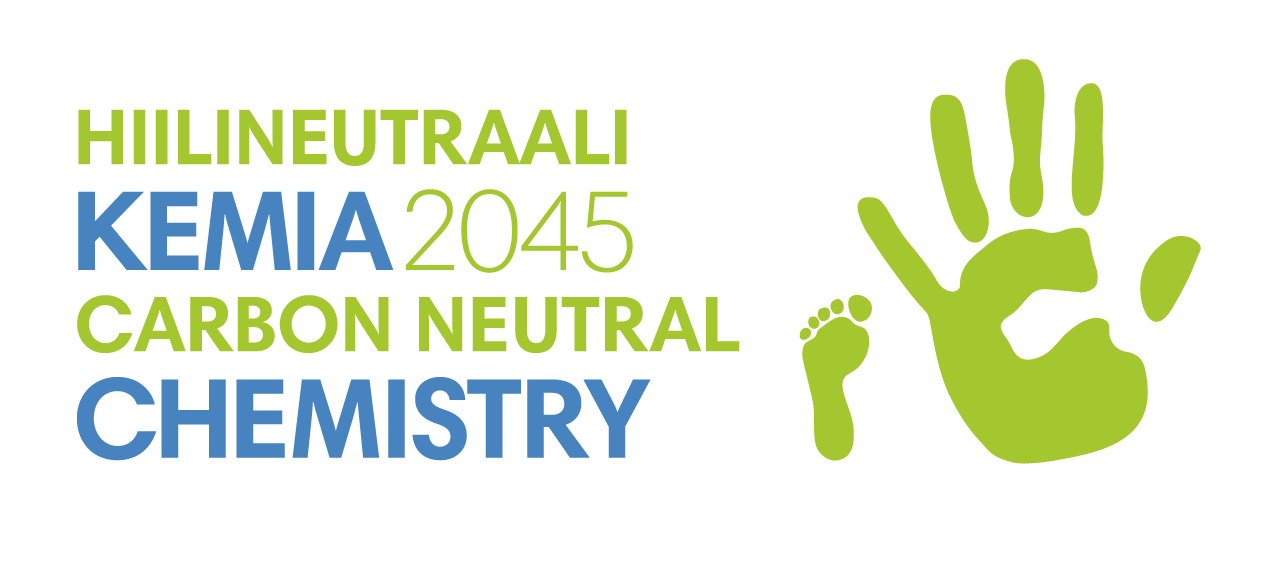Saving the climate with know-how − Six strategic capabilities and success factors to achieve carbon neutrality in the chemical industry

The Chemical Industry Federation of Finland and Aalto University studied the essential strategic capabilities and success factors for the industry to achieve the carbon neutrality goal. Good leadership and management processes enable the establishment of a corporate culture that is favourably inclined to change and creation, with each unit and employee contributing to sustainability development. This calls for a broad range of multidisciplinary professionals.
According to the results of the studies, the strategic capabilities required to achieve carbon neutrality fall into six groups that interact with each other: leadership, management processes, corporate culture, multidisciplinary know-how, innovation and influence on the business environment.
– The change leading to carbon neutral business starts from the management’s ability to create a long-term vision of the company’s common purpose and the responsibility promises of the business. The management must be able to communicate this vision comprehensibly. A corporate culture that enables change is also essential, as well as good leadership and development of the organisation’s capabilities, says Hannele Jakosuo-Jansson from Neste, the Chairperson of the Chemical Industry Federation of Finland’s Committee of Skills and Competence.
– I’m very glad and proud that the Chemical Industry Federation of Finland is a forerunner not only in carbon neutrality road maps but also in the assessment of the strategic capabilities required for their implementation, Hannele Jakosuo-Jansson continues.
From natural sciences to marketing know-how
Experts representing a broad range of industries and business functions play a key role in the achievement of the carbon neutrality goals. New technological and business model innovations are essential − as well as influencing the business environment.
– The study supports the opinion that it is essential to include responsibility know-how broadly in different fields of study in educational institutions. Finnish know-how alone will not be enough. Therefore, the recruitment of international experts to Finland should be made easier, says Senior Advisor Anni Siltanen from the Chemical Industry Federation of Finland.
– We now possess really valuable first-hand information of the strategic capabilities that companies need to achieve carbon neutrality. The educational system must contribute to the development of competences that correspond to these capabilities. The achievement of our joint goals requires more active conversation between companies, the educational system and decision-makers, Anni Siltanen continues.
The study was carried out in January−March 2021 in the form of a questionnaire survey and two rounds of interviews, in co-operation with the Chemical Industry Federation of Finland’s member companies. On the basis of the results of the studies, a self-evaluation tool consisting of 25 statements was created for companies to support their development work. It enables a quick survey of the company’s current general level of capabilities.
